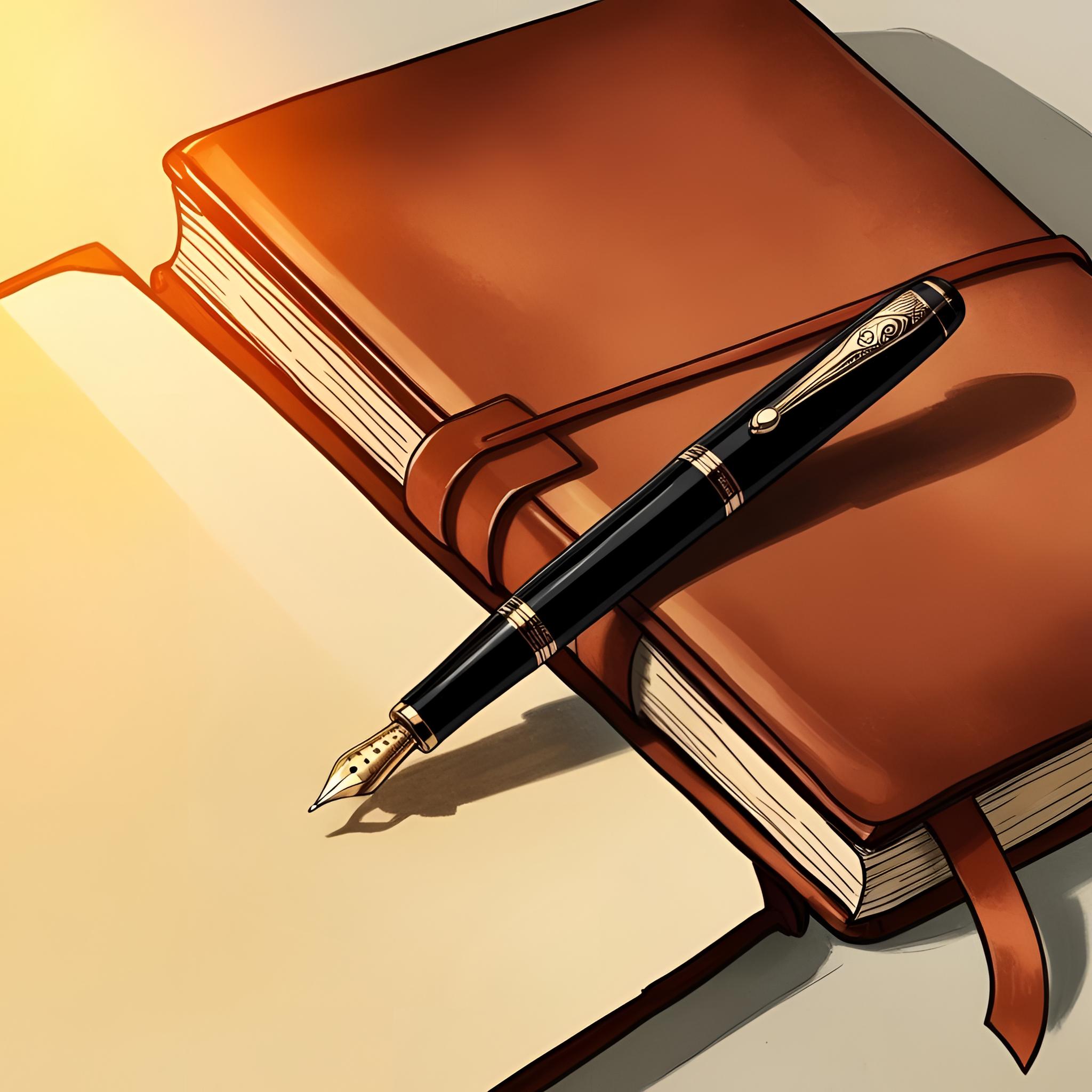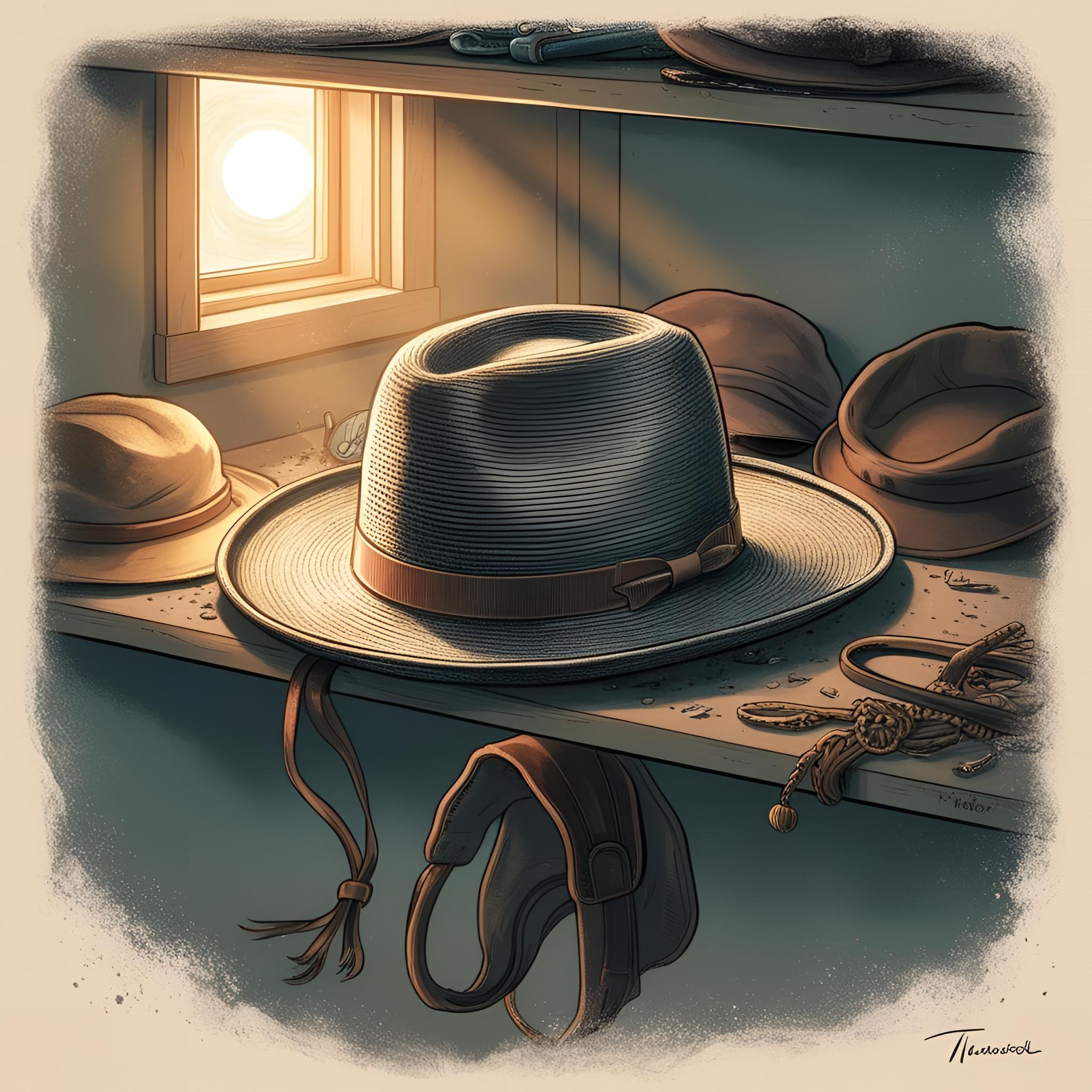Before the book is bound, before it is passed to trembling hands or lost to algorithms, there is a moment of stillness.
A hush.
The author sits with the creature they’ve created, bleeding ink, baring soul, and wonders:
“Is this alive, or is this a fever dream with good punctuation?”
Enter: the beta reader.
These strange, brave souls are not editors. Not friends. Not therapists (though sometimes it gets close).
A beta reader is a trusted first reader, a canary in your narrative coal mine. They read the manuscript before publication to offer feedback on what works, what wobbles, and what quietly withers in the shadows you hadn’t noticed.
They are your first audience, your pre-real audience. And they are essential.
What Is a Beta Reader Actually Doing? (Besides Judging Your Soul)
A beta reader is not a copy editor. They’re not scanning for Oxford commas or whether you spelt “accommodate” with one “m” (though if they catch that, buy them a coffee).
Their mission, should they choose to accept it, is to test the heartbeat of your story.
They are looking for:
- Pacing: Did the story drag like a wounded animal in the middle? Did it sprint through the climax like it had a plane to catch?
- Characters: Were they real, flawed, breathing, or paper dolls reciting pain?
- Plot holes: Did your twists make sense, or snap the spine of logic?
- Emotional resonance: Did they feel anything, or just admire the sentence structure?
- World-building and clarity: Could they see the world, or were they squinting through fog?
- Dialogue: Did your characters sound like people, or rejected soap opera lines?
They should note where they got bored, what confused them, what thrilled them, and what stuck. Think of them as emotional cartographers: mapping their reactions so you can spot the hidden swamps and shining peaks.
How to Choose Your Beta Readers (Without Summoning the Wrong Ghosts)
Not all readers are created equally, and not all feedback is equally useful.
Don’t hand your manuscript to someone who:
- Loves you too much to hurt you.
- Hates you too much to help you.
- Has never read a book in the genre you’re writing.
- Thinks beta reading is just spellcheck in disguise.
- Is just happy to read books for free, or (why not) being paid to do so.
Do consider readers who:
- Enjoy your kind of storytelling.
- Can articulate why something works or doesn’t.
- Respect your voice, but aren’t afraid to challenge it.
- Can commit to deadlines (unless you like the sound of crickets).
Ideally, pick a mix: a detail-oriented note-scribbler, a gut-reaction emotional reader, maybe one writer friend (if they know when to shut up and when to dig in), and a genre fan who’ll tell you if your romantic subplot tastes like stale yogurt.
Ego vs. Trust: The Tightrope Walk (and the Flames Below)
Here lies the hardest truth for any author: You are not your book.
But try telling that to the raw, shivering creature inside you that just handed someone 80,000 words and said, Here, gnaw on this and tell me what tastes wrong.
Beta feedback, even the gentle kind, can feel like criticism of yourself. It pokes the soft underbelly of your confidence. You start to spiral:
“They didn’t ‘get’ the scene. Am I a bad writer? Should I quit? Why do I even try?”
Stop.
Breathe.
Unclench.
This is not your funeral. This is the forge.
Every writer who endures must learn this sacred alchemy: how to separate identity from output. Your book is a piece of you, yes, but it is also a product.
A craft.
And craft is meant to be shaped, tested, and improved.
So, when a beta reader says, “This character felt flat,” or “Chapter five dragged,” they are not attacking you. They are offering a map for better.
Whether you follow that map or burn it for warmth is up to you.
“You must be open enough to evolve, and bold enough to stay wild where it counts.”
The real trick is discernment:
- Patterns? Pay attention.
- Outliers? Consider, then move on.
- Personal taste dressed up as literary insight? Thank them, then protect your vision.
Learning to trust the note without letting it detonate your self-worth is a skill forged in rejection, revision, and a little bourbon. Ego can roar, or it can whisper self-doubt. Don’t let either drive the pen.
Should You Pay Beta Readers?
Here’s the unvarnished truth:
- Friends, fellow writers, and fans may read for free, but never treat their time as if it were cheap.
- Strangers or professionals? Paying is appropriate if you’re asking for serious time, structure, and thoughtful critique.
Compensation doesn’t have to be financial. A signed copy. A critique exchange. A sincere thank-you in the acknowledgements. Respect travels in many forms.
But if you’re expecting developmental gold from a stranger on Reddit, either pay or lower your expectations.
How Many is Too Many?
Two is too few. Twenty is a circus.
Aim for 4–7 beta readers. Enough to notice patterns, not so many that your manuscript turns into a design-by-committee monstrosity.
Even better? Stagger them.
…first wave, revision, second wave…
Let the story breathe between storms.
In the End, Let the Story Win
The goal isn’t to please every beta reader.
The goal is to serve the story, to strip it of its disguises, its excuses, its nervous little crutches. To make it strong enough to walk alone in the world.
Beta readers are not your judges. They’re your co-conspirators. They lend their eyes, so yours can see more clearly. They are the ones who say, “This part sings. This part limps. This part? This part could haunt someone.”
That’s why you choose them wisely.
Listen to them bravely.
And once all their voices fade into the background… return to the page, alone, and write the story only you could write, this time, sharper than before.
Subscribe
The Inner Orbit
We value your trust!
Your address is safe in the vault.
We’ll only use it to send you letters worth opening; no spells, no spam, no secret salesmen.





















